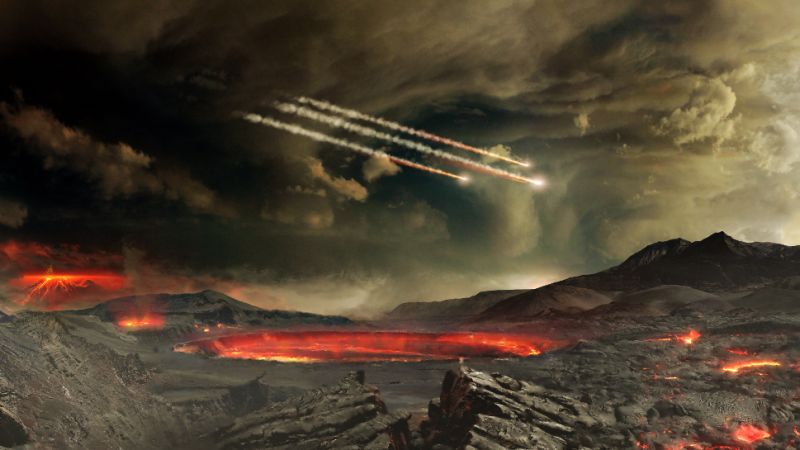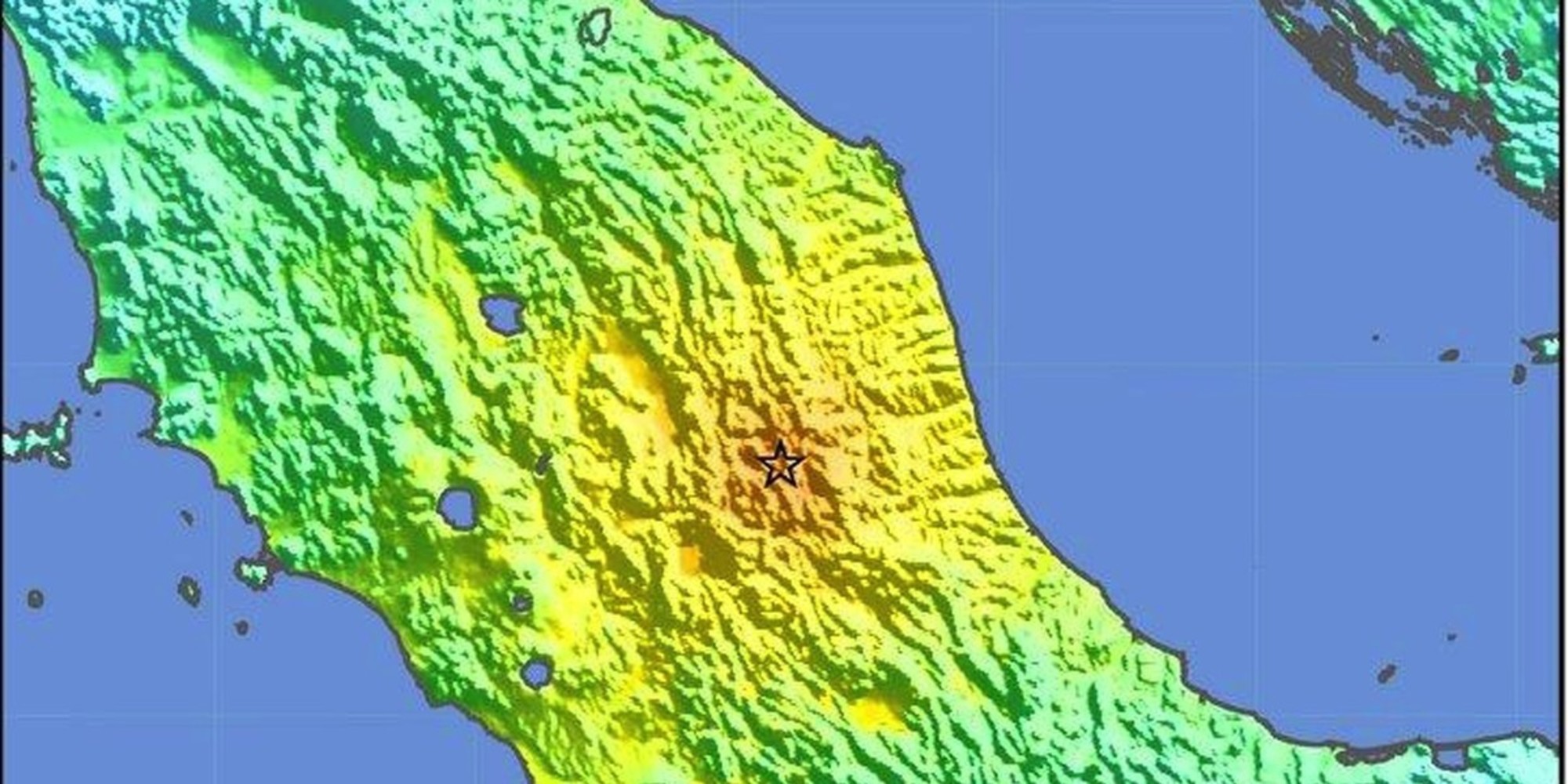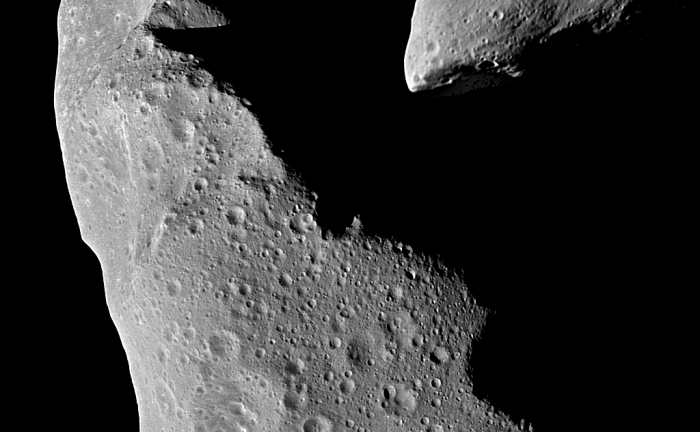
After a review of celestial data spanning 27 centuries, a team of astronomers has determined that Earth’s orbit slows almost two milliseconds every 100 years.

The growing space debris problem may have a flip side: What if we could recycle the junk for components of a mission to the Red Planet?

Scientists have produced the first global maps of human emissions of carbon dioxide ever made solely from satellite observations, using data from NASA

Bezos has talked about moving heavy industry off planet Earth to create a garden paradise on our home planet.

Half of the original mass of India and Eurasia is missing, upending how geologists believed tectonic interactions worked.

A new study proves that the Earth and other planetary objects formed in the early years of the Solar System share similar chemical origins – a finding at odds with accepted wisdom held by scientists for decades.

Humanity is about to deepen its understanding of Earth's winds. The European Space Agency has secured a rocket launch deal for its wind-tracking Aeolus satellite, which is now expected to enter orbit before the end of 2017.

The Global Seed Vault is a vast storehouse far north of the Arctic Circle. In it are half a billion seeds from around the world. The vault is meant to safeguard humanity against losing vital food stocks to extinction, natural disaster, nuclear war or climate change.

Research by Rice University Earth scientists suggests that virtually all of Earth’s life-giving carbon could have come from a collision about 4.4 billion years ago between Earth and an embryonic planet similar to Mercury.

Researchers working in Greenland have found traces of microbial life in our planet's most ancient rocks. The discovery pushes back the oldest evidence of life on Earth by about 220 million years, showing just how habitable our planet was during its earliest stages.

The region where the earthquake struck is geologically active. The shaking was caused by movement in the Tyrrhenian Basin, a seismically active area beneath the Mediterranean Sea. Here, the ground is actually spreading apart,

Discovery of a time-resolved supernova signal in Earth's microfossils. According to the researcher's analyses, our solar system spent one million years to transit trough the remnants of a supernova.

While orbiting the sun, NASA's STEREO-A spacecraft has taken a look back at Earth, to also find Mars and Pluto in shot.

Earth has a new dance partner, a quasi-moon named 2016 H03.

Ingredients crucial for the origin of life on Earth, including the simple amino acid glycine and phosphorus, key components of DNA and cell membranes, have been discovered at Comet 67P/Churyumov-Gerasimenko.